Keywords: A Man On The Inside
There are more than 200 results, only the first 200 are displayed here.
-
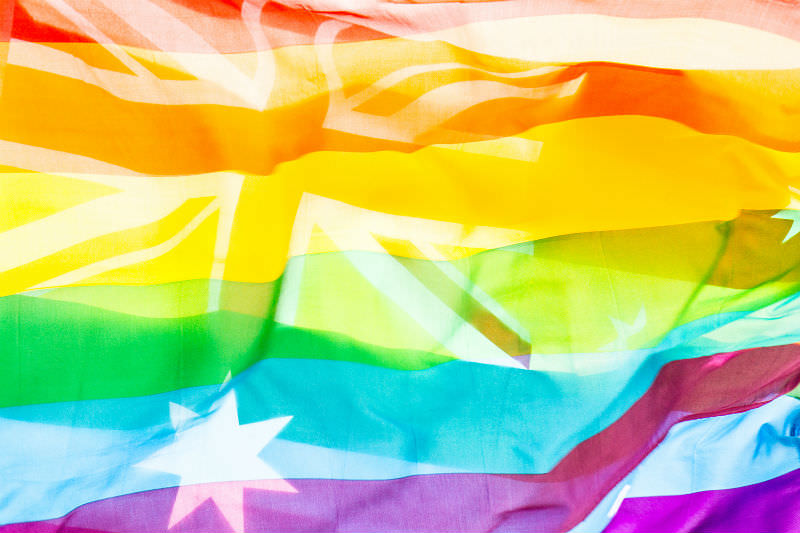
AUSTRALIA
- Catherine Marshall
- 30 November 2017
17 Comments
Governments can't legislate against hatred and intolerance. A friend stated on Facebook that 'No law can change human biology. No law can make natural what is unnatural.' Such rhetoric is a reminder that the realm of human rights is still a bloody battlefield in which certain groups continue to proclaim superiority over others.
READ MORE 
-
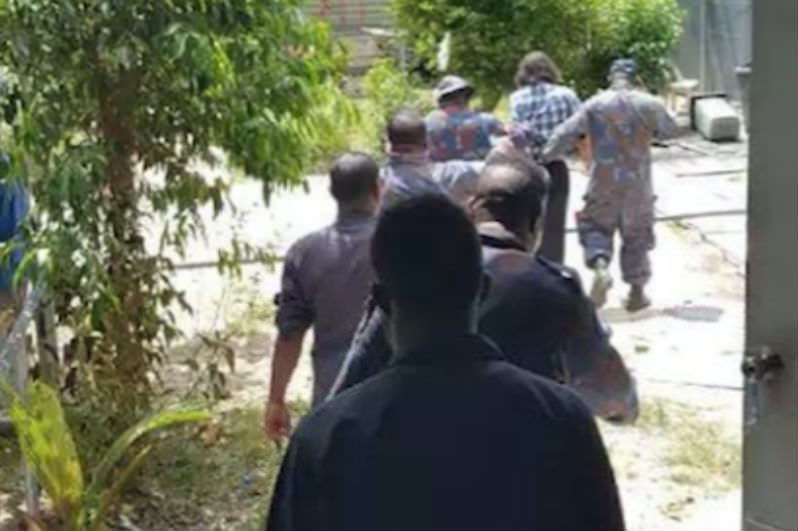
AUSTRALIA
- Andrew Hamilton
- 26 November 2017
21 Comments
The refugees on Manus Island are not simply actors in a dramatic poem. They are human beings like us to whom we have a responsibility. They could have enriched us by their ingenuity and bravery had we accepted them. We should continue to listen to their voices and keep them in our hearts.
READ MORE 
-
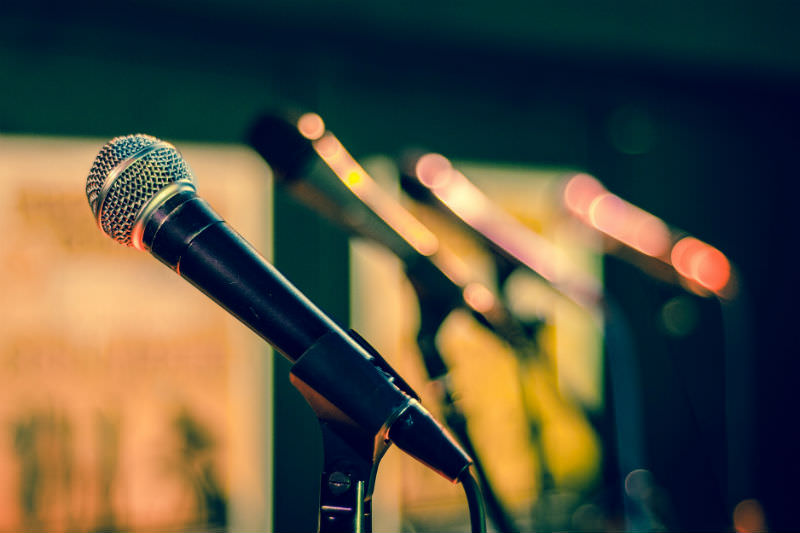
AUSTRALIA
- Kate Galloway
- 21 November 2017
2 Comments
The common thread through all of these stories is the need to have a mature conversation about the ways in which we can afford a meaningful voice to our communities. If human rights are the benchmark, then rights must be afforded to all. It is not right that those with the least power must continue to compromise.
READ MORE 
-
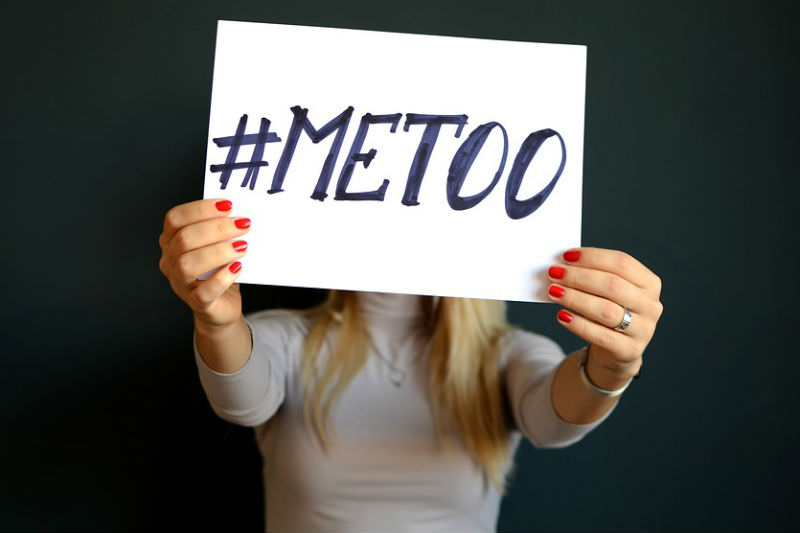
MEDIA
- Kate Moriarty
- 26 October 2017
5 Comments
In real life, 'me too' happens in whispered conversations between close friends. I carry these women's secrets inside me like dark polished stones. I marvel that such strong, capable, ordinary people, from loving and functional families, could be survivors of child sexual abuse. None of them has written 'me too' on their status. I checked.
READ MORE 
-
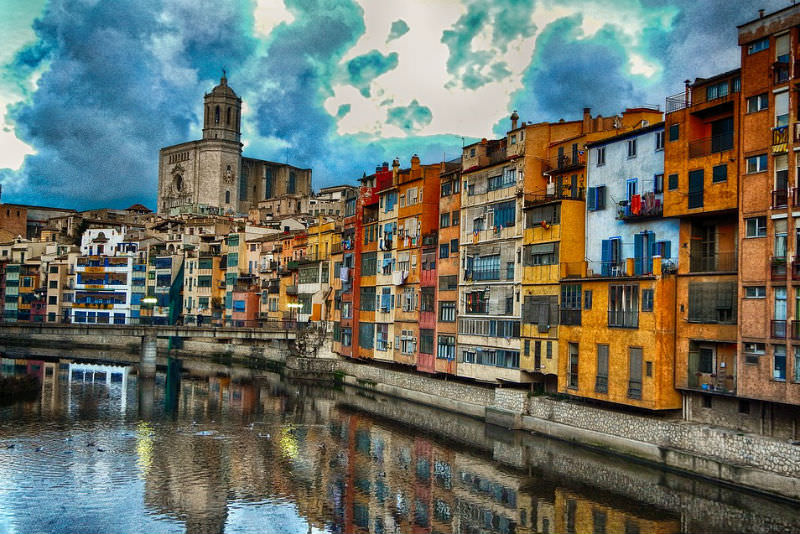
INTERNATIONAL
- Marta Poblet Balcell
- 06 October 2017
3 Comments
Activism advocating widespread use of encryption and privacy-enhancing technologies to bring political change in Catalonia is perhaps a sign of emerging trends on the internet: the horizontal, decentralised internet that Vint Cerf and Tim Berners-Lee, inventors of its core technologies, initially envisioned and are currently demanding.
READ MORE 
-
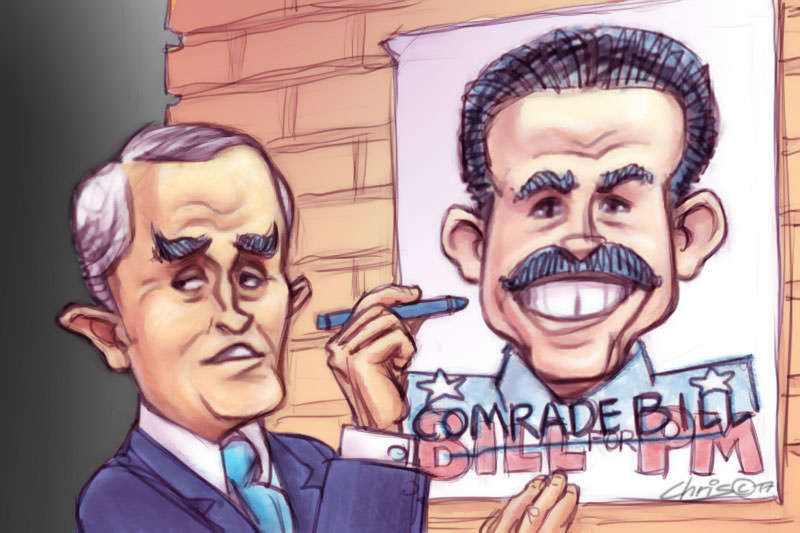
AUSTRALIA
- Evan Smith
- 01 September 2017
12 Comments
Earlier this year, Turnbull made a speech in London where he called for the Liberal Party to return to its ideological base as laid out by Sir Robert Menzies. Turnbull suggested that the Liberal Party under Menzies was the socially conservative party that many on the LNP's right wish it to be, but it seems that what the Liberals have taken from the Menzies era is a revival of anti-communist rhetoric.
READ MORE 
-
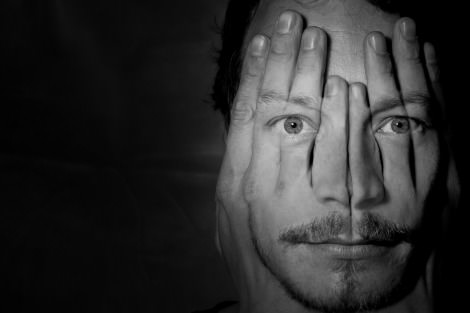
AUSTRALIA
Being both gay and Catholic leads to a somewhat fraught existence. On one hand, we have our Catholic peers who, frequently, have trouble empathising with what it means to be 'intrinsically disordered'. On the other, we have our queer friends who are, understandably, sceptical of our allegiance to an organisation that has a deep history of discrimination towards people like us. This existence is further complicated for those of us who choose to partake in ministry that sees us employed by the Church.
READ MORE 
-

MEDIA
- David James
- 25 August 2017
21 Comments
The push for politically correct language may be well intentioned enough, but its consequences are often appalling. It can rob us of one of the most important of all human freedoms: the right to use words to mean what we want them to mean.
READ MORE 
-

ARTS AND CULTURE
- Tony Herbert
- 15 August 2017
5 Comments
It’s Monday, 24 September. The equinox passed a few days ago; the last of the monsoon showers seems to have gone. After Mass on my pre-breakfast walk, I notice the difference: the air fresh without the monsoon humidity, the lush green paddy crops, the dappled green and yellow of the early morning sun on the Sal trees. Out beyond the back of the parish is an unsurfaced road, good for stretching out. I first pass the houses of some of our Catholics, pukka, brick and cement, the fruit of their hard work and years of government employment.
READ MORE 
-

RELIGION
- Ann Deslandes
- 09 August 2017
4 Comments
As I write, staff of the Australian immigration authority and their security contractors are working hard to close the detention centre on Manus Island in Papua New Guinea, where Australia has held over 900 refugees for the last four years.
READ MORE 
-
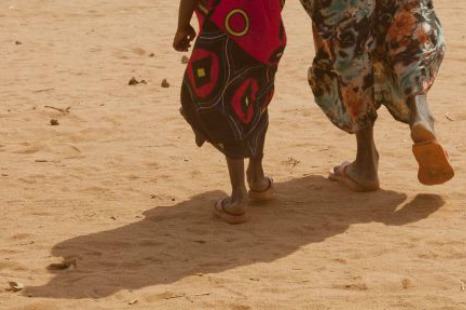
ARTS AND CULTURE
- Victor Ugwu, E. Unimke Ugbong, William Okello Kadima
- 10 July 2017
2 Comments
We remember that sad morning, when the bombs exploded, when the cold air, suddenly became too hot, when the flock became wild, how they ran into the wild. look! see! The vineyard is still on fire! look! see! The market stalls is still on fire! We slowly limped, towards the west we head, to where the air is still cold, to where the field is still green, towards the West, to where came the bombs, we head.
READ MORE 
-

ARTS AND CULTURE
- Tim Kroenert
- 21 June 2017
2 Comments
Catherine arrives a new bride, with husband Alexander, to take up residence in his luxurious rural home. Quickly we get a sense of how little control she has over her destiny. Alexander demands she remain inside the house at all times; when one evening she wishes to go to bed early, her father-in-law orders her to remain awake for her husband. In the life of the household, she is merely an attractive object. Yet like her Shakespearean forebear, she is not averse to manipulation and violence in pursuit of her goals.
READ MORE 